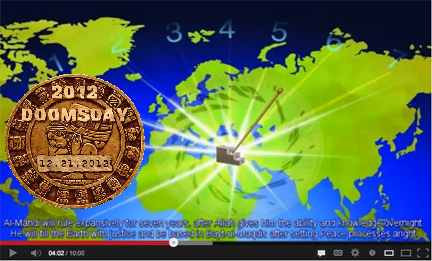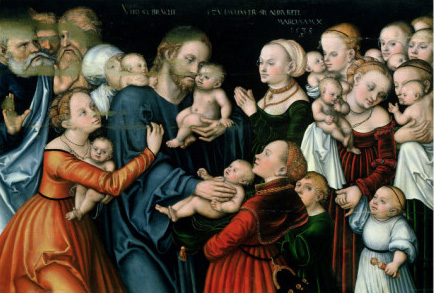
by Lindsay Benstead, Ellen Lust, Dhafer Malouche, The Middle East Channel, Foreign Policy, December 11, 2012
Just over a year since Tunisia’s October 23, 2011 Constituent Assembly elections, long lines of patient citizens who emerged beaming from polls last October have given way to new demonstrations and general strikes — this time against the Ennahda-led troika. In the cradle of the Arab uprising, Tunisians are deeply frustrated with the economic and political failure of the government. Today, nearly half of Tunisians feel they are worse off than they were before the revolution, and only 26 percent believe their situation has improved. Despite this, however, our original survey of 1,200 Tunisians conducted between October 10 and November 20 finds reason for optimism.
Tunisia’s problems run deep. A December 1 New York Times article, written in the wake of uprisings in the Tunisian town of Siliana in November that led to a five-day stand-off with the government, chronicles the problems: unemployment is up from 13 to 18 percent since the fall of former President Zine el-Abidine Ben Ali, youth increasingly flow out of universities to find themselves without work, a constitution is yet to be written, elections are postponed, and local governments remain appointed. Tunisians talk about the disconnect between the government and the people — grumbling that it is no more concerned with daily needs than Ben Ali’s before it. People say that the current government and police are as corrupt as in the past, and express a general sense of insecurity. Continue reading Tunisians frustrated but engaged






